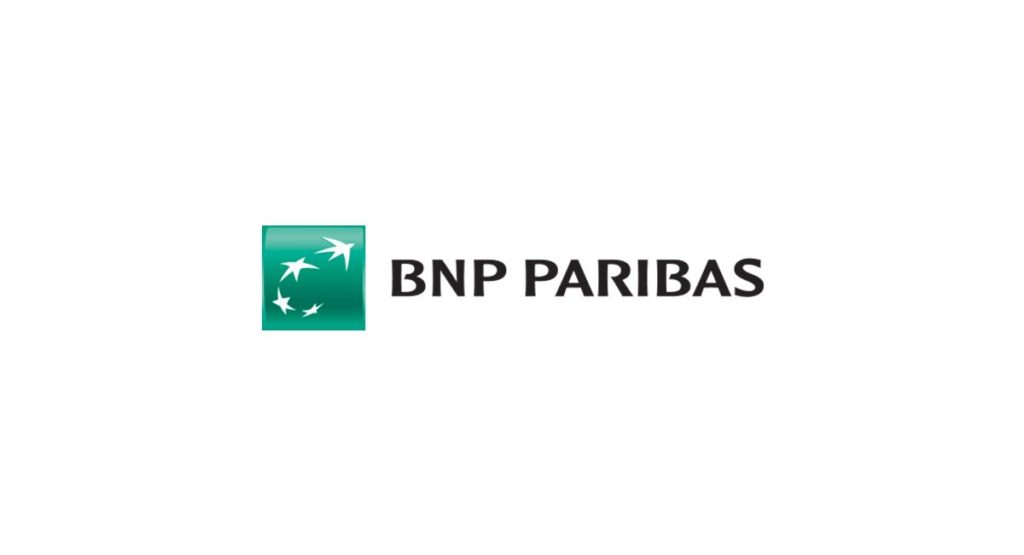Chris Newland, Financial Times, 17-2-2013: BNP Paribas made a loud contribution to the debate on how comfortable fund managers, and financial institutions generally, should be about speculating on food prices last week.
On the back of criticism from Oxfam, the international aid agency, which accused the French house of “speculating on hunger”, BNP suspended subscriptions on two of its funds. BNP’s Parvest World Agriculture fund, which manages €159m of assets, has been shut to new investors as a “precautionary” measure, while its EasyETF Ultra Light Energy fund has also been closed.
The Paris-based company said the move was taken after regular meetings with Oxfam, which released a report last Tuesday attacking a number of French banks over their exposure to food commodities.
“Banks have a decisive role to play in the fight against food price volatility, which jeopardises the right to food for hundreds of millions of people in the southern part of the world,” Oxfam France said. The basic premise is that such speculation pushes up food prices, which ultimately increases hunger and fuels conflict and instability. The international aid group does not mince its words.
“Food prices are a matter of life and death to many in the developing world,” it says, and financial markets – which should be helping food growers and processors to manage their risk and set prices – have “become a potential threat to global food security”.
BNP had already shut three other exchange traded funds exposed to food-related investments in July 2011 and was in a defiant mood despite the latest closures. It said in a statement: “Despite the absence of any clear-cut conclusions regarding the relationship between financial instruments and the volatility of food commodity prices, we decided to adopt the precautionary principle and suspend subscriptions to the [two funds].”
BNP says food commodities amount to €411m, or just 0.08 per cent of its total assets under management, although 37 per cent of the assets in the now off limits Ultra Light fund, which has €43m of assets, are linked to food commodities. Getting other asset managers to talk on or off the record on the subject is not easy, although when asked if fund companies should be speculating on food prices, one senior executive said: “If we don’t do it, others will.” Impax Asset Management, which launched a food and agriculture fund in January this year, was happy to talk on the record but, when asked the same question, it was rather non-committal.
“Commodity markets are a necessary tool for players in the food space and enable them to operate more efficiently in an increasingly volatile world,” it said.
Others, however, have been more forthright. In August last year, Germany’s LBB Invest banned soft commodities from its funds in response to lobbying, while two months earlier LBBW Asset Management said it would stop investing in soft commodities and would overhaul its two funds that had exposure to the asset class. About the same time Deutsche Bank announced it had set up an internal task force to look into the consequences of price fluctuations for soft commodities. Its findings, however, did not make easy reading for the likes of Oxfam. At a food conference in Germany last month, Deutsche’s co-chief executive Juergen Fitschen told the audience that it had found little empirical evidence that financial instruments lead to increases or greater volatility in food prices.
“Deutsche Bank has therefore decided in the interest of its clients that it will continue to offer financial instruments linked to agricultural products,” Mr Fitschen told the Global Forum for Food and Agriculture.
Deutsche has a lot to gain from making such statements but others perhaps not so reliant on such revenue streams will have to weigh up whether making money from food price movements is worth the reputational risk. BNP Paribas thinks not.

